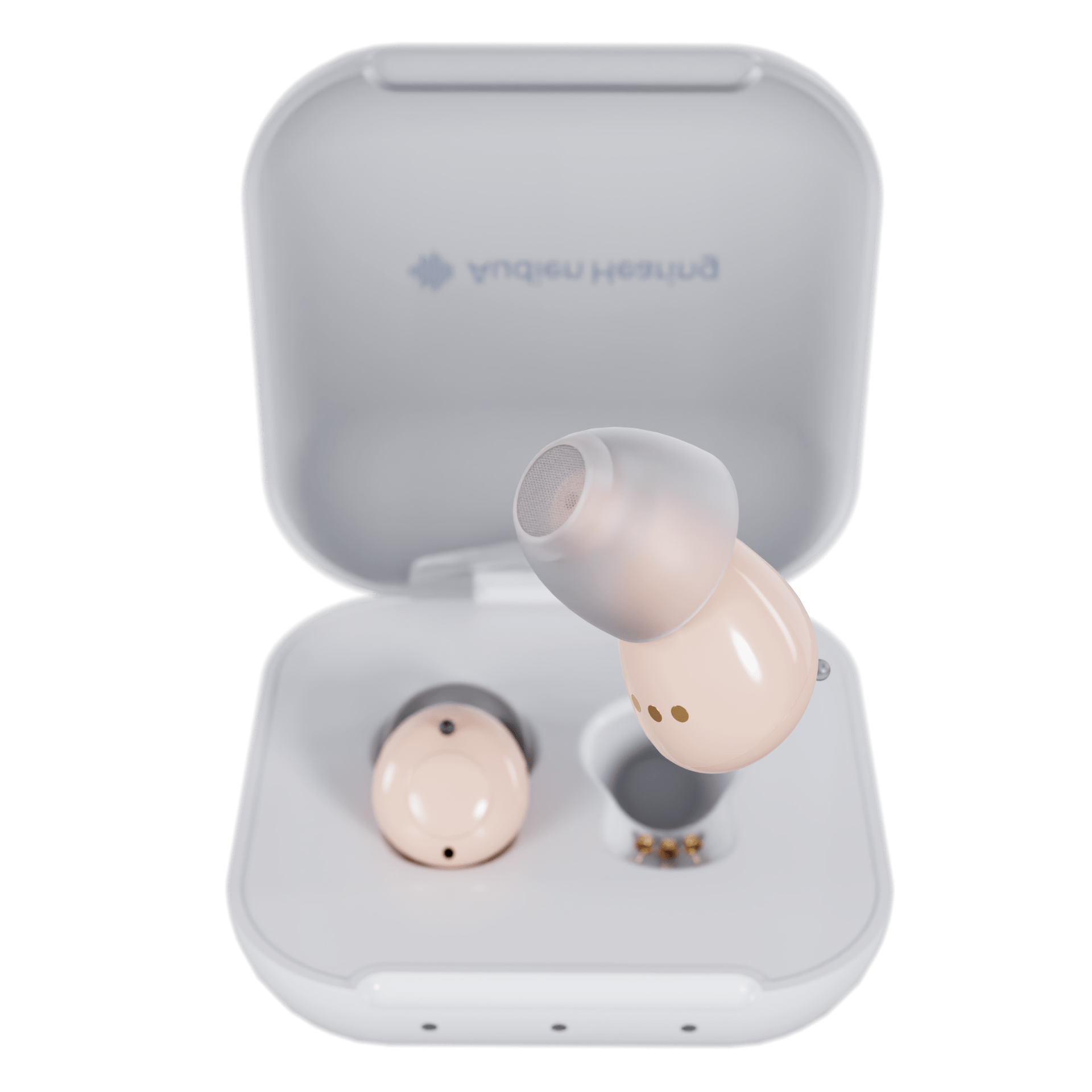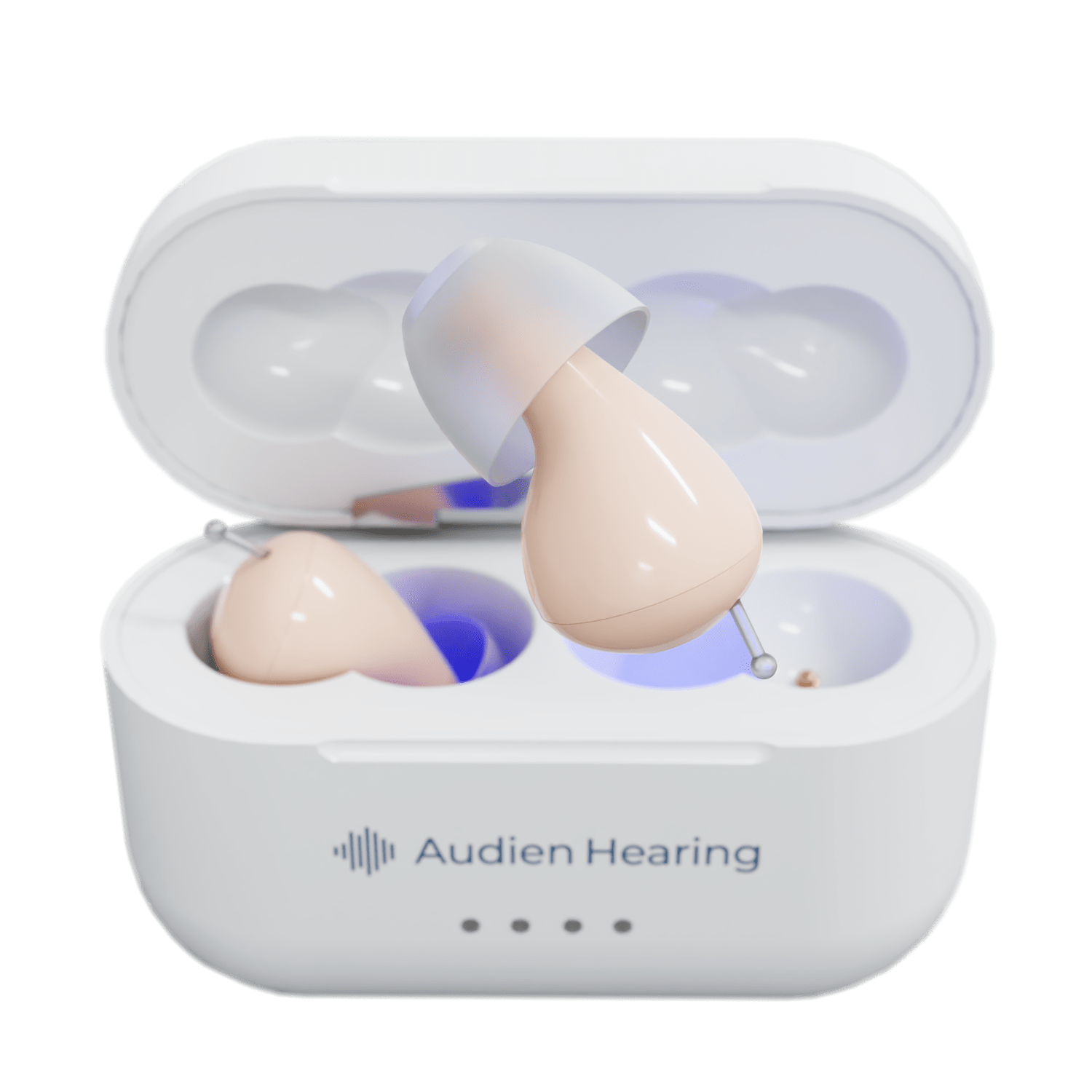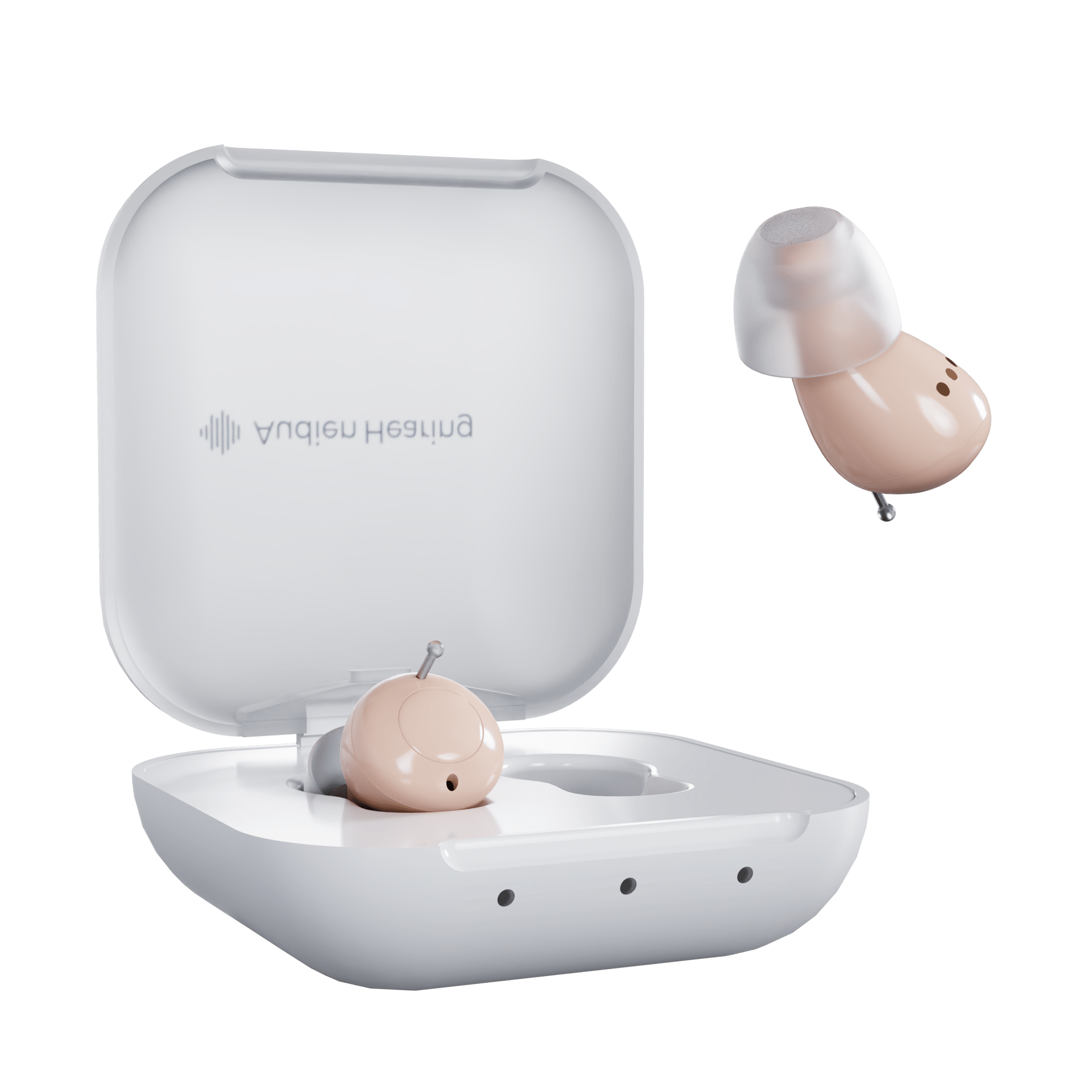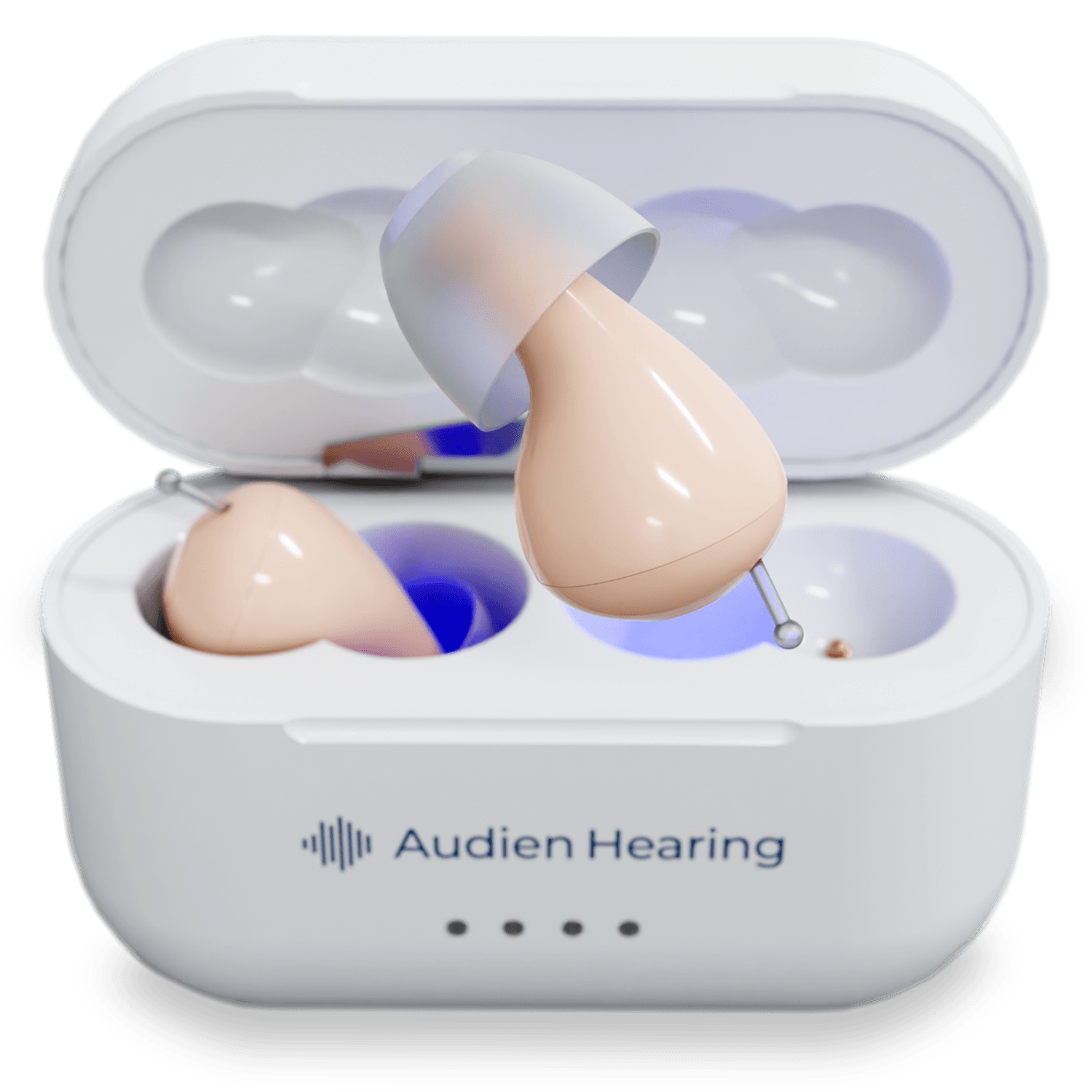If you’ve had a hard time hearing someone over the phone, struggled to understand announcements at airports, or found it difficult to enjoy movies in a theater, these may be early signs of hearing loss.
While hearing aids do not cure hearing loss, they serve as an effective tool to improve hearing by amplifying the sounds you’re missing.
Visiting a hearing care professional—such as an audiologist, otolaryngologist (ENT), or hearing instrument specialist—can help you determine whether you have hearing loss and what type it is through a series of evaluations and hearing tests.
Based on your hearing needs, professionals may recommend hearing aids or personal sound amplification products (PSAPs). PSAPs are intended for non-hearing-impaired users in specific situations (e.g., birdwatching), while hearing aids are medical devices regulated by the FDA and tailored to hearing loss.
Understanding Hearing Loss
Hearing loss occurs when the ability to detect or understand certain sounds becomes reduced. Every sound we hear has a specific frequency (pitch) and intensity (loudness), measured in decibels (dB).
As hearing loss progresses, you may lose the ability to detect softer sounds in certain frequency ranges—often starting with high-pitched sounds like birdsong or speech consonants (e.g., /s/, /f/, /th/). This is known as an elevated hearing threshold—the minimum volume at which a sound becomes audible.
Hearing aids work by amplifying the sounds you no longer hear well and delivering them at a louder, more accessible level—without overamplifying the sounds you already hear clearly.
Over the Counter vs. Prescription Hearing Aids
The key difference between over-the-counter (OTC) and prescription hearing aids lies in the level of customization:
-
Prescription hearing aids are professionally programmed based on your audiogram (hearing test results), allowing for precise adjustments across specific frequencies. They’re best for individuals with more complex hearing needs and offer features like ongoing fine-tuning, professional follow-up, and more advanced background noise management.
-
Over-the-counter hearing aids, like Audien’s EV1 and EV3, are designed for adults with perceived mild to moderate hearing loss and don’t require a hearing test. These devices often use pre-set sound profiles to boost speech while reducing some background noise. While they’re not individually programmed, they still use modern digital technology and are significantly more affordable.
“Amplifying sound is only one part of how hearing aids help. Audien hearing aids use advanced digital processing to improve clarity and reduce unwanted noise.”
— Drew Sutton, MD, Board-Certified Otolaryngologist
Many modern hearing aids also come with rechargeable batteries, multiple hearing modes, and sleek in-ear or behind-the-ear styles that suit a wide range of users.
Hearing Aid Styles
Hearing aids come in several styles, including:
-
In-the-Canal (ITC) and Completely-in-the-Canal (CIC) – discreet and custom-fitted inside the ear canal
-
In-the-Ear (ITE) – fits within the outer portion of the ear
-
Behind-the-Ear (BTE) – rests behind the ear with a tube or wire directing sound into the ear canal
When choosing a hearing aid, you may also want to consider features such as volume control, rechargeable batteries, trial periods, and warranty support.
If you’re ready to improve your hearing without the high cost of traditional hearing aids, click here to learn more. Audien Hearing is dedicated to helping you hear clearly and affordably.
Source:
Degree of Hearing Loss | asha.org













